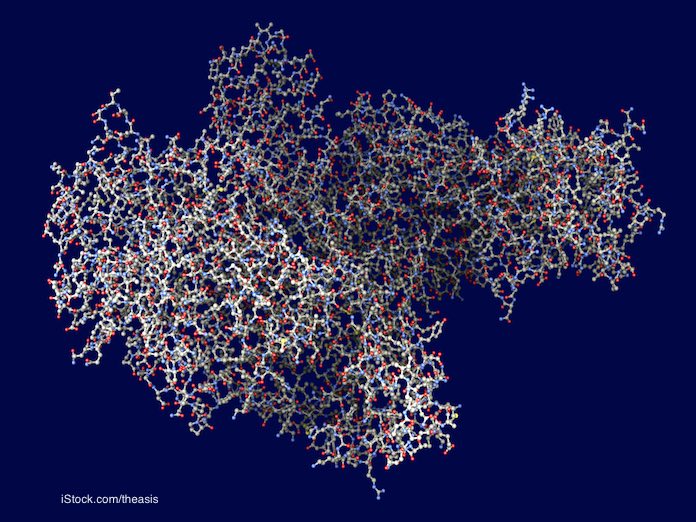How Do You Know You Have Clostridium Botulinum Poisoning? - Food Poisoning Bulletin
How do you know you have Clostridium botulinum food poisoning? This very serious illness is caused when the Clostridium botulinum bacteria produces the botulism toxin and someone eats it. A very tiny amount of this toxin is enough to kill an adult; it is one of the most deadly toxins known to man. It's important that you know these symptoms so you can seek help as soon as possible for the best outcome.

Foods that can be contaminated with this toxin include canned foods, especially low acid foods (higher pH) that are home canned, although there have been botulism outbreaks linked to industry produced food items. In addition, fish, if not properly eviscerated, can harbor this pathogen. Honey can contain low levels of the Clostridium botulinum spores, which is why honey should never be fed to infants under the age of one. Finally, baked potatoes, when wrapped in foil and baked, then cooled in foil and not properly refrigerated, can be contaminated.
The toxin is produced by Clostridium botulinum bacteria under very specific conditions that are usually caused by either improper handling of food or improper processing. The bacteria is found in soil and untreated water throughout the world. And the spores are found on fruits and vegetables and fish and meats, and when those products are jarred and canned, conditions exist for the spores to produce the vegetative state.
The spore of this pathogen is relatively harmless. The problem happens when the spore produces the vegetative state of the bacteria, which occurs over a pH level of 4.6, and no oxygen (anaerobic conditions). When the vegetative cells accumulate, they produce the toxin.
It only takes 1 gram of botulinum toxin to kill 14,000 people. The toxin works by paralyzing nerves throughout the body. Symptoms usually start 18 to 36 hours after eating food contaminated with the toxin, but some people have not gotten sick until two weeks later.
The toxin is destroyed by heat. Heating foods to 185°F for five minutes will disable it. Although if a recall for a food for botulism occurs, do not try to heat it to disable the toxin; that's just too risky.
Symptoms of Clostridium botulinum food poisoning can include double vision, blurred vision, dilated pupils, drooping eyelids, and difficulty focusing eyes. They can also include difficulty speaking, facial muscle weakness, a frozen expression, shortness of breath, dizziness, fatigue, and slow reflexes. Gastrointestinal symptoms can include diarrhea or constipation, nausea, and vomiting.
Now that you know you have Clostridium botulinum food poisoning, you can call a doctor immediately. There is an antidote to the toxin, but it must be administered by an IV in a hospital setting. And the sooner it is administered, the better the outcome may be.
Comments
Post a Comment